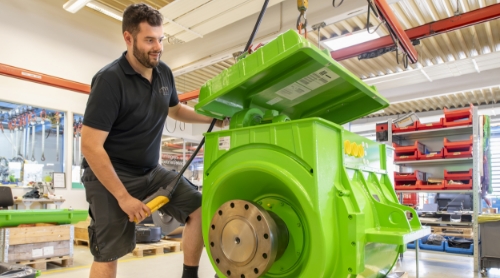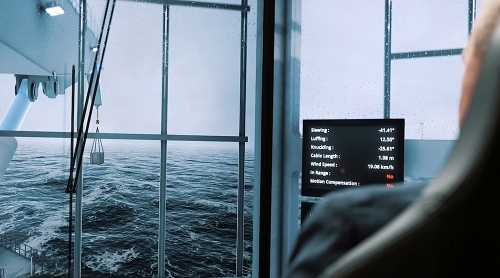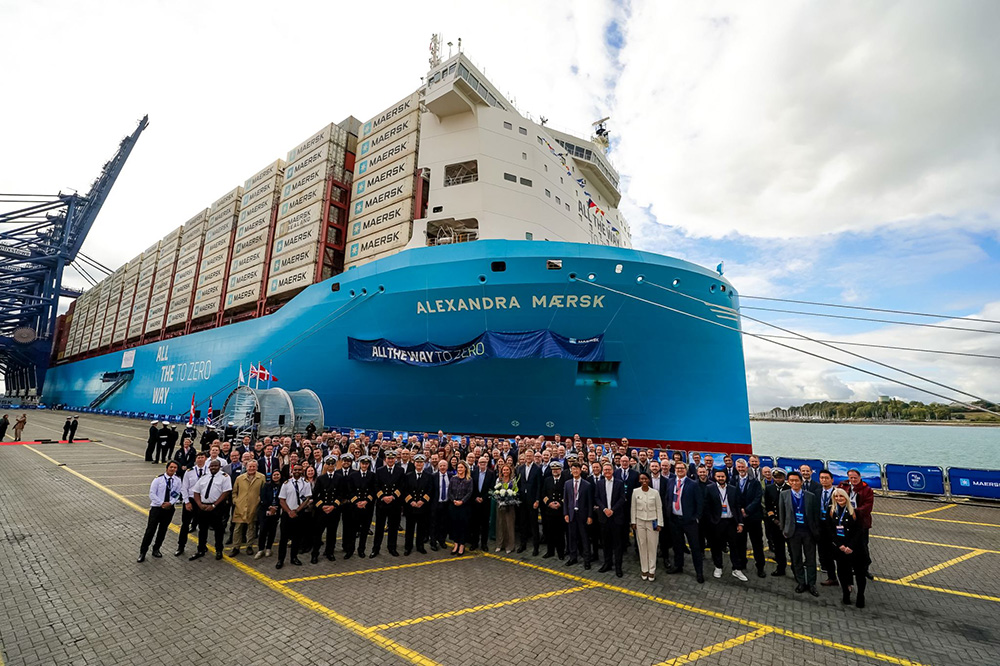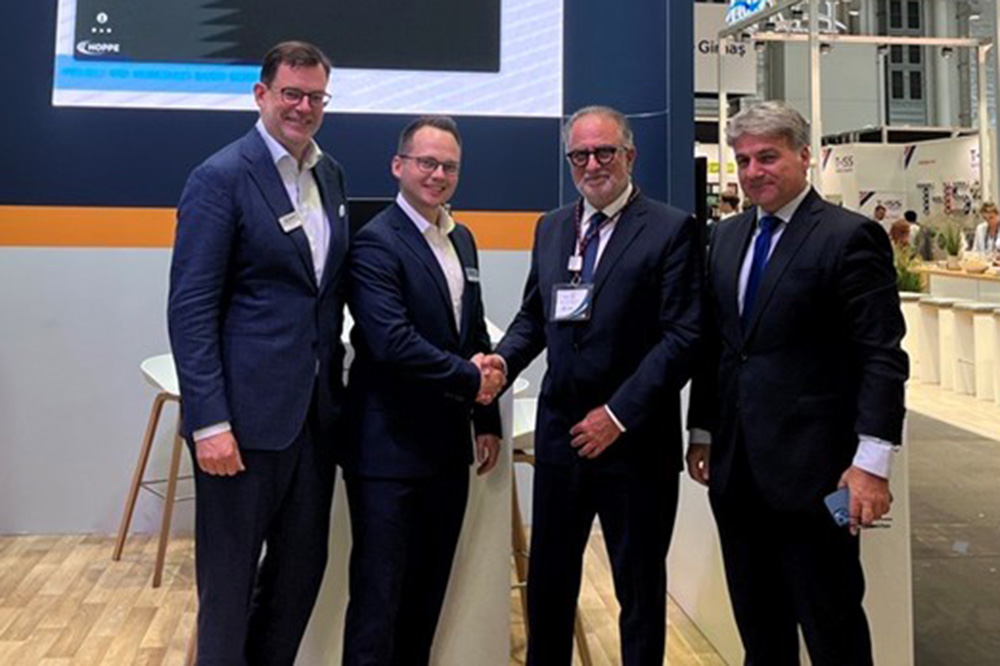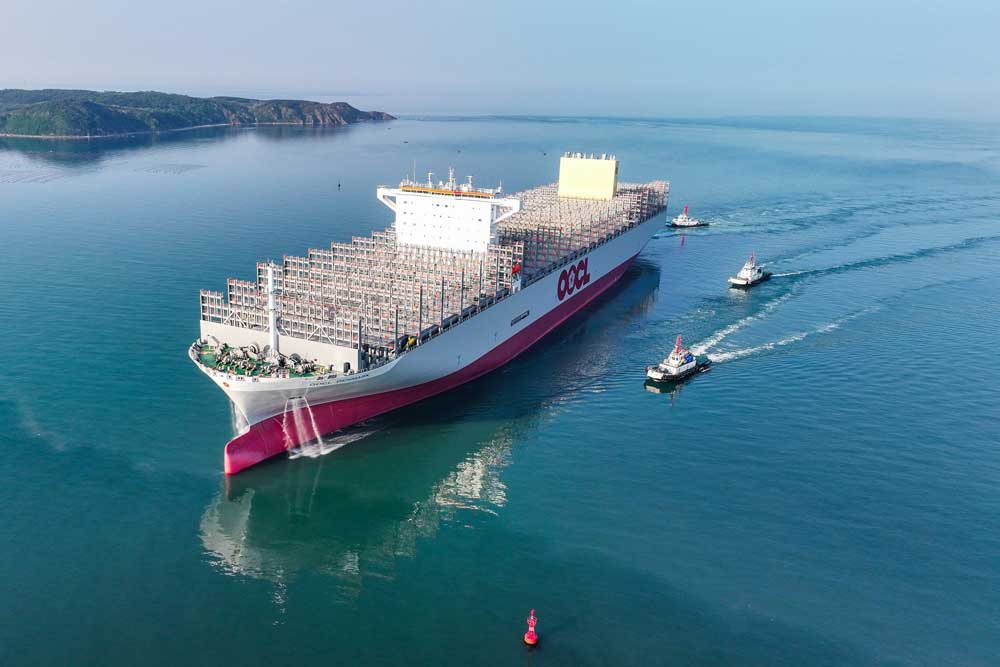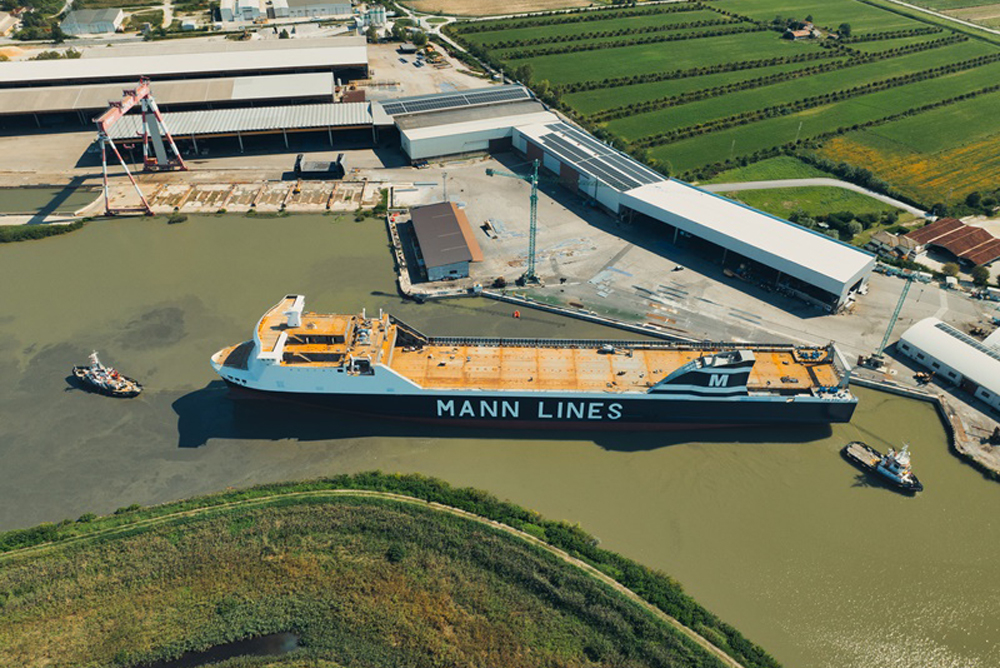With a new bulker design, Kongsberg wants to ensure that shipowners can also meet environmental standards with conventional fuels.
The new design is a response to the increasing regulatory pressure in the industry, according to a statement from Kongsberg. The new bulker promises savings of between 40% and 50%, depending on the application.
Shipowners prefer conventional fuel
“Although low-carbon fuels are an option, many owners prefer to stick with conventional fuels,” says Oskar Levander, Vice President of Strategy and Business Development at Kongsberg. “Our goal was to design a vessel that would be able to meet the projected regulations throughout its lifetime while utilising advanced energy-saving technologies.”
The basis for the new design was a Kamsarmax bulker of 82,000 dwt, a common size worldwide. In addition, bulkers of this type are often confronted with restrictions in the availability of low-CO2 fuels.
In collaboration with Deltamarin’s ship designers, Kongsberg Maritime investigated various technologies to improve the efficiency of the Kamsarmax units. The result: a “super-efficient bulker”.
Kongsberg relies on wind power and intelligent systems
The design is characterised by a combination of three tiltable rotor sails and two suction wind sails. This approach makes it possible to adapt to different wind conditions and guarantee the best possible wind utilisation. “This hybrid wind technology approach makes the ship more versatile and efficient,” explained Henrik Sjöblom, concept developer and consultant at Kongsberg.
Modern technology should help to save fuel not only above but also below the ship. For example, an air bubble curtain ensures that the frictional resistance in the water is reduced.
The ship should sail slowly during operation in order to achieve a good balance between fuel efficiency and operability. According to Kongsberg, even 1 kn less contributes to considerable savings – not only in fuel, but also in emissions and maintenance costs. The concept is rounded off by an intelligent energy management system, among other things.









